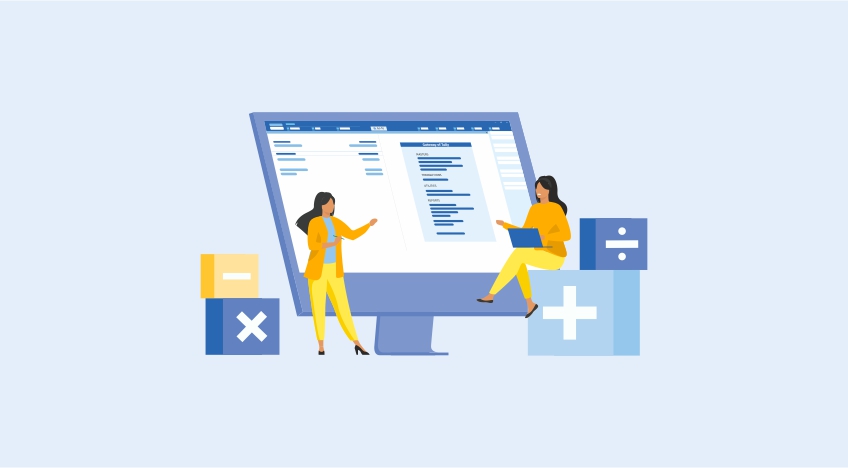The Indonesian government is quite aware of the importance of foreign investments for economical growth and sustainability. To promote more investments in the country, the government is taking initiatives to minimise bureaucracy and deregulation, thus creating a wider range of investment activities for foreign investors.
When setting up a new company in a foreign country, it is important that you know the different types of entities available, their characteristics and requirements. Let’s look at the forms of business entities in Indonesia that a business owner can start:
- Limited liability company (Perseroan Terbatas)
- Foreign-owned Limited Liability (Penanaman Modal Asing)
- Nominee Limited Liability (Subsidiary companies)
- Representative office
- Sole proprietorship (Usaha Dagang)
Limited liability company or Perseroan Terbatas (PT)
A Limited Liability Company (Perseroan Terbatas-PT) is a legal entity which is an association of capital, established on the basis of agreement, conduct business activity on the basic capital which is wholly divided into shares and which fulfils the requirements stipulated in the Act and its implementing regulations. There are two types of limited companies, namely a closed PT and an open PT. A closed PT is one whose shareholders are limited, for example among families. An open PT (often called PT going public) is a PT whose common shares are sold to the public.
Indonesia’s Company Law makes the following distinctions between Limited Liability Companies or PTs:
- Micro-company: this structure requires a minimum share capital of INR 50 million. Annual income cannot exceed INR 300 million.
- Small company: minimum share capital between INR 50-500 million. Annual income must sit between INR 300 million and INR 2.5 billion.
- Medium company: requires a share capital between INR 500 million and INR 10 billion. Annual turnover must range between INR 2.5-50 billion.
- Large company: this structure has a net share capital above INR 10 billion and annual income over INR 50 billion.
Foreign-owned Limited Liability (Penanaman Modal Asing)
This business model is suitable for Indonesian Limited Liability businesses owned (either partially or fully) and controlled by foreigners. Before you can conduct business in Indonesia this structure, you need approval from local authorities.
The Capital Investment Coordinating Board (BKPM) grant approval for PMA businesses. For that, your PMA business must:
- Show an investment plan by stakeholders to invest US$1.2 million minimum
- Pay a share capital amount of 25% of the investment plan.
Additionally, your PMA must have:
- At least one resident director
- Two shareholders
- One commissioner.
PMAs that are fully foreign-owned must also sell at least 5% of their share to an Indonesian citizen or entity within its first 15 years of operations. This can be avoided if the PMA has evolved from a joint venture with a local.
Nominee Limited Liability (Subsidiary companies)
This type of a business model allows an Indonesian nominee to set up a Limited Liability Company on behalf of a foreign company. It lets you get past restrictions on foreign investment/ownership. Thus, starting of the business becomes much easier and quicker with a Nominee Limited Liability Company. This is especially helpful for entrepreneurs operating with time sensitive contracts or business deals.
Representative office
With specific eligibility requirements, representative offices may conduct market research, promotional activities, or act as buying or selling agents for the parent company only. One major thing to keep in mind while starting a representative business, is that the license for these entities only last for 2 years, and would require to be renewed for continuous operation. The government also carries discretion to impose further operating requisites depending on the nature of the parent company.
Foreign corporations can’t currently form branch offices in the country, barring the opportunity for future conversion for their Representative Office.
Sole proprietorship (UD)
Sole proprietorships or Usaha Dagang is the simplest form of company in Indonesia as it requires only one person to run the business. There is no legal difference between the owner and the sole proprietorship. To open a UD you would need:
- A company name;
- Employee identification number;
- Domicile Letter; and
- Business license.
Irrespective of the kind of business you are into, TallyPrime offers a whole range of functionalities that cater to your needs. With simple installation and set-up, you can kickstart all your accounting, invoicing, inventory, compliance, and other crucial activities, imperative for business growth, in no time. Take a free-demo of TallyPrime and we’re sure you’ll be amazed.
Explore more Products
Accounting Software, Inventory Management Software, Payroll Software, Financial Management Software, Invoicing & Billing Software, Business Software for Small Businesses & Start-ups
Read more about TallyPrime
What is TallyPrime?, TallyPrime’s ‘Go To’, Tally Prime’s Amazing Invoicing Experience, New Edit Log Feature in TallyPrime, Tally’s Exception Reporting to Address Data Anomalies, TallyPrime’s Simplified Security and User Management System, Multitasking Just Got Easier with TallyPrime, TallyPrime – Simple to learn and easier to use, 5 Things in TallyPrime for Enhanced Business Efficiency, 5 Things You Can Do Using Save View Option in TallyPrime
Read more about Business Software
Integrated Business Software Vs Separate Software Tool for Each Module, How Do You Evaluate the Cost Effectiveness of a Business Software?, Why is it Important to Choose a Software that Grows with Your Business?, 7 Questions That You Need to Ask for Selecting the Right Software for Your Business, Financial Accounting Standards, Personalise the Business Reports the Way You Want










